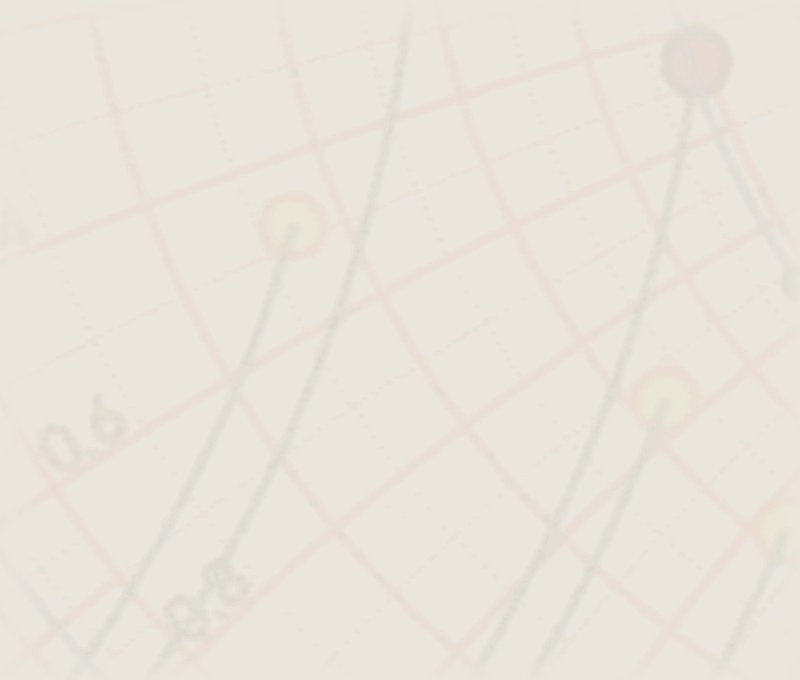



Language:
Español
On this page
GUI
Client code
Server code
Thanks
Temas
GIOChannel
FIFO chat
Socket chat
| To create a new GIOChannel, the function g_io_channel_unix_new() is used. It connects a new channel to an already existing file. This works for the three file types mentioned. Alternatively, it is possible to create a complete new file, in a system-independent way, using g_io_channel_new_file(). In the example a serial port is opened, then a channel is assigned. |
GIOChannel *ioch; fd = open(port, O_RDWR | O_NONBLOCK | O_NOCTTY); if (fd == -1) <error message and exit> ... ioch = g_io_channel_unix_new(fd); |
| Once the channel has been created, we can read ( g_io_channel_read_chars()), write ( g_io_channel_write_chars()), change position ( g_io_channel_seek_position()), and close it ( g_io_channel_close()). |
g_io_channel_write_chars(ioch, &cmd, 1, &written, &error);
g_io_channel_flush(ioch, NULL);
|
| To avoid having to poll the channel continuously, we can attach a watch function which will be called when the specified event occurs (using g_io_add_watch() or g_io_add_watch_full()). |
int iowatch = -1;
iowatch = g_io_add_watch(ioch, G_IO_IN, io_callback, NULL);
|
| In this case it is necessary to write a function that will be called when if the event actually occurs (in this case, io_callback will be called whenever the event 'G_IO_IN' occurs, i.e. when characters come in through the channel. |
gboolean
io_callback(GIOChannel *ioch, GIOCondition cond, gpointer data)
{
int bytes_read;
unsigned char chr;
do {
g_io_channel_read_chars(ioch, &chr, 1, &bytes_read, NULL);
if (bytes_read) {
process_char(chr);
if (pref.diag_comm) printf("%02x\n", chr);
}
} while (bytes_read);
return TRUE;
}
|
| (c) John Coppens ON6JC/LW3HAZ |